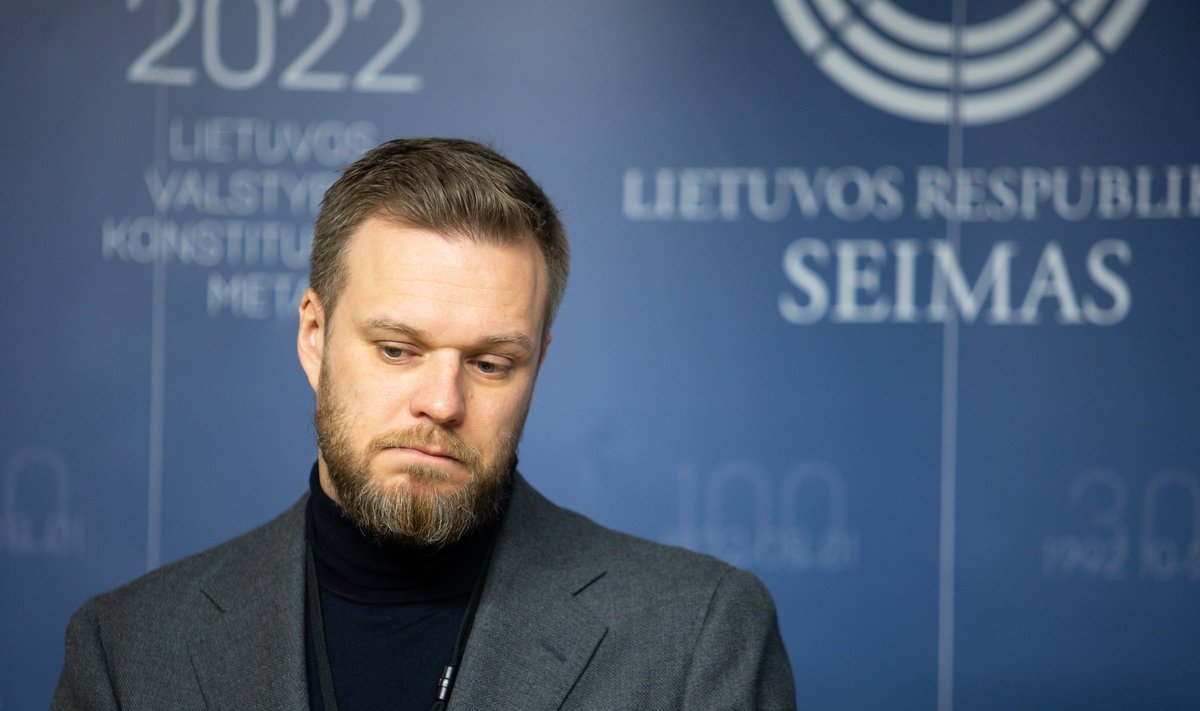According to him, Vilnius and Berlin differ in their understanding of the scale of this unit’s operation in Lithuania.
“Perhaps those people should probably go back to the agreement and repeat that Lithuania [then] definitely signed an agreement on a [full] brigade [deployed] in Lithuania,” he told reporters in the Seimas on Thursday.
“All of us in Lithuania understand it this way and we just want to formalize that fact. But this has to be done by the people who have signed that agreement.”
In June, Lithuanian President Gitanas Nauseda and German Chancellor Olaf Schulz signed a joint communiqué stating that "in addition to the current and reinforced enhanced Forward Presence Battle Group already in place, Germany is ready to lead a robust and combat-ready brigade in Lithuania dedicated to deter and defend against Russian aggression".
Germany has so far only deployed the planned brigade's forward command element to Lithuania.
Vilnius wants a full rotational German brigade to be permanently deployed in the country. Berlin officials, however, have said numerous times that part of the brigade promised by Berlin would be deployed in Lithuania and the rest would stay at home.
Lithuanian President Gitanas Nauseda said in an interview with the delfi.lt news website on Wednesday that the text of his agreement with the German chancellor was “clear enough”.
“We sometimes create problems for ourselves simply by interpreting and discussing things in our own way. The text is clear enough: Germany is trying to increase its military support here in Lithuania to the brigade level", he pointed out.
German ambassador to Lithuania Matthias Sonn said earlier this week that statements that Germany was backtracking on its commitment to send a brigade to Lithuanian were insulting and warned that publicly expressed dissatisfaction would not send any additional troops to Lithuania.
He told MPs that the public debate on Germany's commitment to deploy a brigade in Lithuania had acquired the tone of distrust, which was hurting Germany and was a "corrosive and harmful" debate.
Landsbergis said, in his turn, that he was surprised by such statements as “it is not common for ambassadors to assess a country’s internal processes”.
